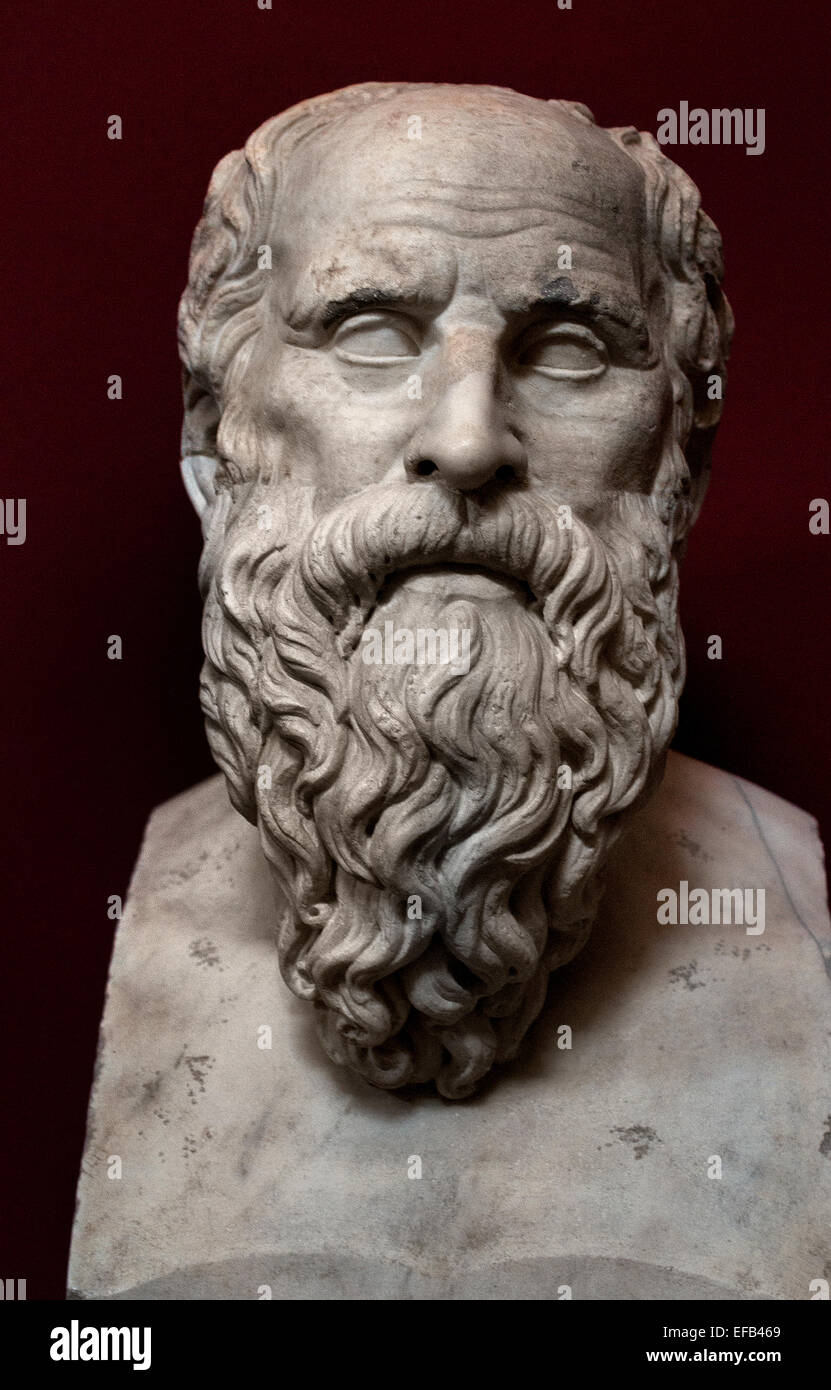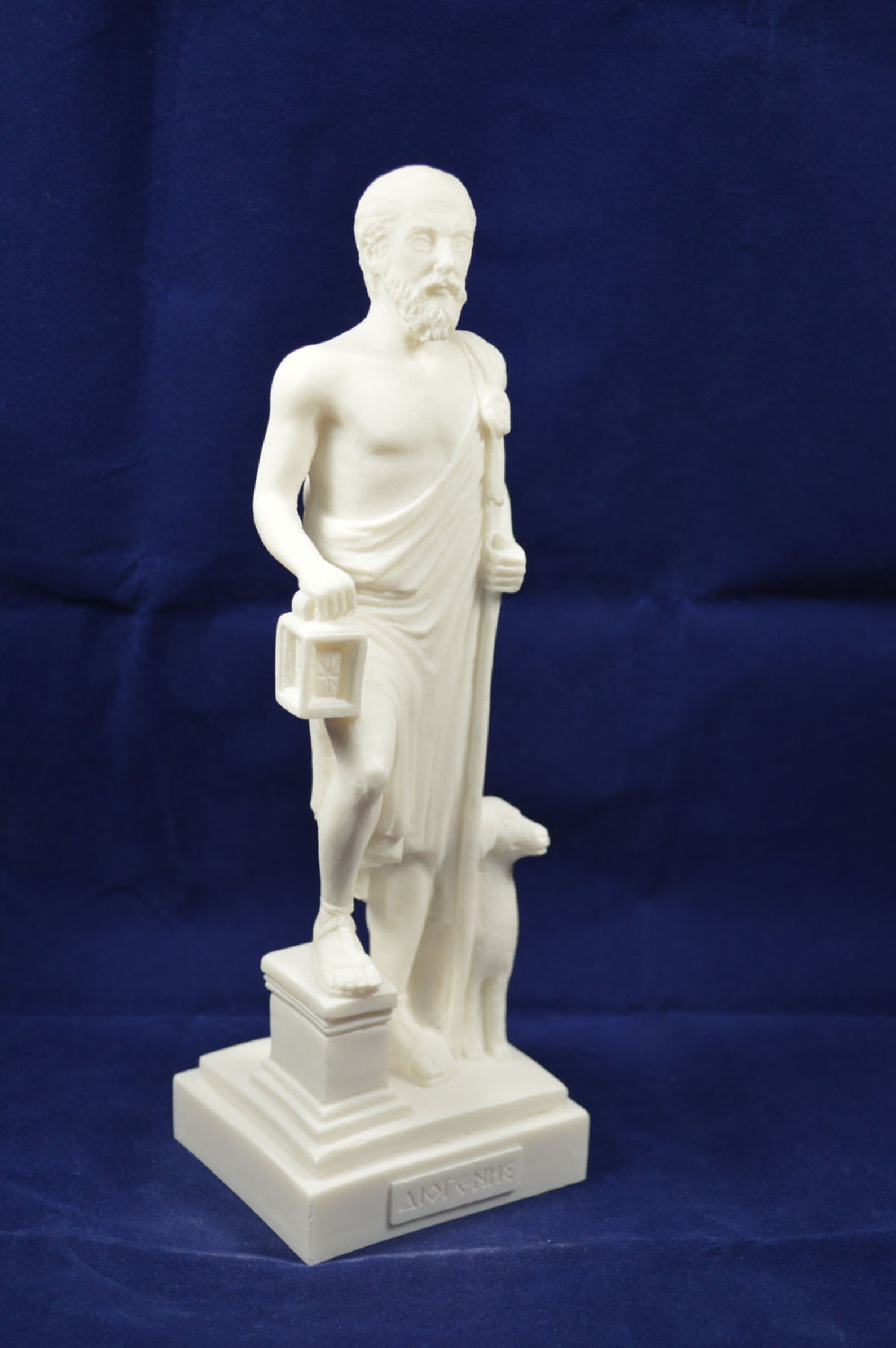

Saint Matthias, from The Martyrdom of the Apostles, c.Der Kramer (The Peddler) from De omnibus illiberalibus sive mechanicis artibus by Hartmann Schopper, plate 50 from Woodcuts from Books of the XVI Century, 1574, assembled into portfolio 1937.To one who asked what was the proper time for lunch, he said, 'If a rich man, when you will if a poor man, when you can. Poverty is a virtue which one can teach oneself. Hector of Troy, Alexander of Macedon, Julius Caesar, from The Nine Heroes, c. It takes a wise man to discover a wise man.The Submersion of Pharaoh’s Army in the Red Sea, c.The Stoning of Zacharias and Isaias, page 9 from the Treasury (Schatzbehalter), 1491.Sostrata, Pamphilus (recto) and Laches, Socrates, Pamphilus (verso) from Comoediae (Comedies), Plate 51 from Woodcuts from Books of the 15th Century, 1497, portfolio assembled 1929.Illustration from Das Buch der Evangelien, plate eighteen from Woodcuts from Books of the XVI Century, 1515, assembled into portfolio 1937.Mitchell Reference Number 1932.1280 IIIF Manifest The International Image Interoperability Framework (IIIF) represents a set of open standards that enables rich access to digital media from libraries, archives, museums, and other cultural institutions around the world. What most people dont know is why he went searching for an honest man when he believed. In Plaka you can find the figures of him and his lantern and Rataplan, his mangy mutt. Status Currently Off View Department Prints and Drawings Artist Ugo da Carpi Title Diogenes Origin Italy Date 1520–1530 Medium Chiaroscuro woodcut from three blocks on ivory laid paper Dimensions 460 × 341 mm Credit Line Gift of Guy H. 'Youre standing in my sun.' What most people know about Diogenes is that he wandered around ancient Greece carrying a lantern and searching for an honest man. Also known as Diogenes the Cynic (Ancient Greek:, Diogens ho Kunikos), he was born in Sinope (modern-day Sinop, Turkey), an Ionian colony. The plucked rooster reflects his ridicule of his contemporary, Plato, who defined man as a featherless biped. Diogenes of Sinope (Greek:, Diogens ho Sinpeus) was a Greek philosopher and one of the founders of Cynic philosophy. Diogenes of Sinope (or Diogenes the Cynic) was an Ancient Greek philosopher.

Greek philosopher, chose the hardship of dwelling in a wooden tub, seen in the background. Ancient Greek Philosophy > Cynic Philosophy Diogenes: Education of the Youth. Renowned as one of the best prints of the sixteenth century, this masterpiece by the great woodcut artist not only reveals his absorption of Roman High Renaissance art but also paves the way for the dynamism of the Baroque.


 0 kommentar(er)
0 kommentar(er)
